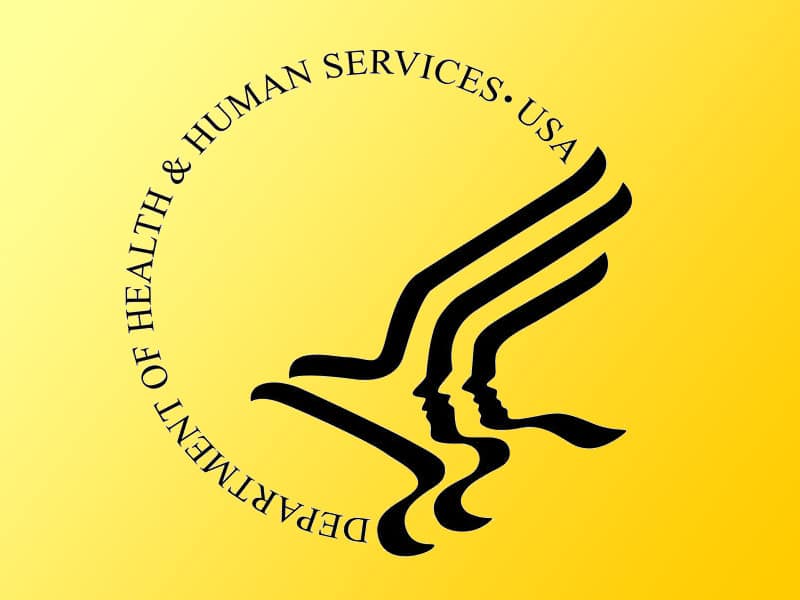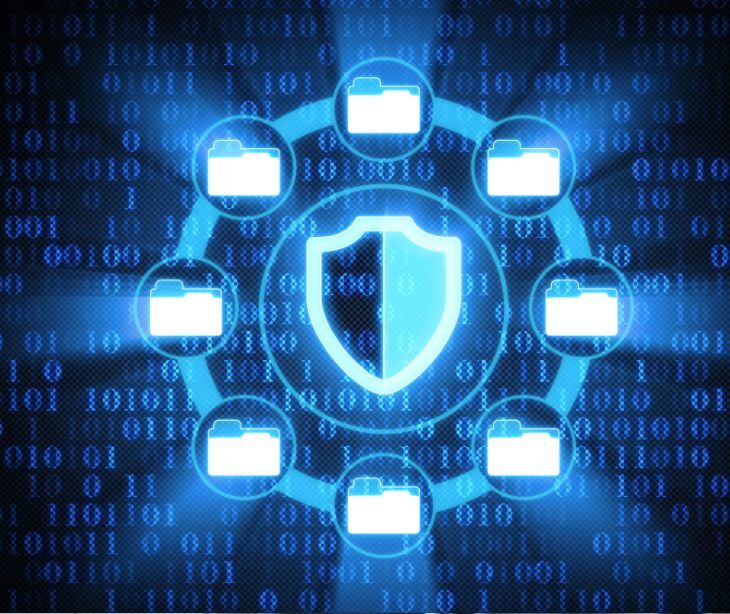2 min read
EHR Snooping: Tackling unauthorized access and strengthening trust
 Dean Levitt
March 27, 2023
Dean Levitt
March 27, 2023

Healthcare organizations must prioritize security measures to safeguard sensitive patient data from unauthorized access.
Electronic Health Record (EHR) snooping, the unauthorized access or viewing of patient records, poses a significant threat to patient privacy and the integrity of healthcare systems. As EHR adoption becomes more widespread, healthcare providers must address this challenge by implementing robust security measures and fostering a culture of patient privacy protection.
Why it matters
EHR snooping breaches patient trust, exposes individuals to risks such as medical identity theft, and can result in legal and financial consequences for healthcare organizations. Ensuring the confidentiality and security of patient data is essential to maintaining a reliable and trustworthy healthcare system.
Related: HHS alert: take a proactive approach to safeguarding EHR
Legal landscape
The Health Insurance Portability and Accountability Act (HIPAA) in the United States provides a legal framework for patient privacy protection. Compliance with HIPAA and other relevant regulations is vital to safeguarding patient information and avoiding substantial fines and penalties.
Notable instances
- Montefiore Medical Center (2020): Unauthorized access to around 4,000 patient records led to the termination of an employee.
- Huntington Hospital (2021): An employee was terminated for inappropriately accessing patient records, affecting approximately 13,000 patients. Although the incident was discovered in 2021, it occurred in 2018 and 2019.
- Asanta (2023): A physician was terminated for unauthorized access to patient records over nine years, apparently out of curiosity, not fraud.
- DCH Health System (2023): A routine audit uncovered unauthorized access to patient records, prompting an investigation and notification of affected patients.
Best practices to protect against EHR snooping
- Implement role-based access controls: Limit access to patient data based on the individual’s job function, ensuring that only authorized personnel can access specific information.
- Train staff on privacy and security: Educate employees on the importance of patient confidentiality and the potential consequences of unauthorized access to EHRs.
- Conduct regular audits: Periodically review EHR access logs to identify possible breaches and unauthorized access.
- Establish clear policies and procedures: Develop guidelines for accessing patient records and outline disciplinary actions for those who violate them.
- Employ proactive monitoring: Use technology to monitor real-time EHR access, detect unusual activity, and alert administrators of potential breaches.
Who matters
Encourage patients to monitor their healthcare records and report any suspicious activity or inconsistencies to their healthcare providers. Vigilant patients play a crucial role in protecting their own privacy.
Collaborate with EHR vendors to enhance security features, address vulnerabilities, and ensure system updates. A strong partnership helps maintain secure and up-to-date EHR systems.
Next steps
Develop a well-defined incident response plan to effectively manage EHR snooping cases. This plan should include procedures for notifying affected patients, conducting internal investigations, and reporting incidents to relevant authorities.
Conclusion:
Tackling the challenge of EHR snooping calls for a holistic and proactive approach from healthcare organizations. By remaining informed about legal requirements, fostering a culture of patient privacy, and collaborating with technology vendors, healthcare providers can protect sensitive patient data effectively.
Related: HIPAA Compliant Email: The Definitive Guide
Subscribe to Paubox Weekly
Every Friday we'll bring you the most important news from Paubox. Our aim is to make you smarter, faster.




